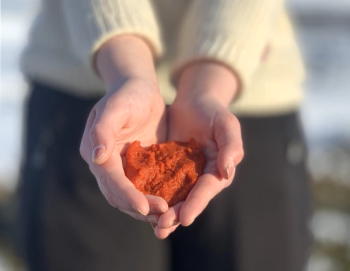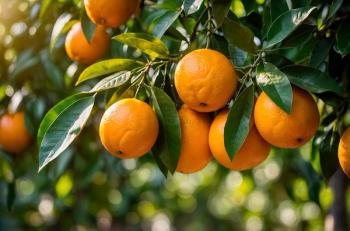
The Red Yeast Rice Ride
A new study in the June 16 issue of the Annals of Internal Medicine concluded that nonprescription red yeast rice may have cholesterol-lowering qualities.
A new study in the June 16 issue of the Annals of Internal Medicine concluded that nonprescription red yeast rice may have cholesterol-lowering qualities.
The study included 62 people who stopped taking statins because of side effects. All of them followed a lifestyle change program, including education on nutrition, exercise and relaxation techniques. Half also took 1,800 mg twice a day of a red yeast rice product for 24 weeks, while the others took a placebo.
"In the group that took red yeast rice, the average drop in cholesterol was 43 points at 12 weeks," said Ram Y. Gordon, PhD, a cardiologist in private practice who was a member of the research group. "The drop in the placebo group was only 11 points. In the longer run, the drop was 35 versus 15 points. We think the difference narrowed because after 12 weeks we told people to keep on doing it, but maybe some stopped."
There are, however, complications related to the product. Red yeast rice is under a regulatory cloud at the FDA (Rockville, MD) because it contains a natural statin, lovastatin, sold as a prescription drug named Mevacor.
FDA moved against several red yeast rice products-not the one used in the Pennsylvania study-on the grounds that they were unlicensed pharmaceuticals, a move which was upheld after a court tussle.
The product used in the study does contain lovastatin, Gordon said, but not enough to explain the reduction seen in the trial. Trial participants took three 600-mg vials of red yeast rice twice a day.
"Each vial had one mg of lovastatin. So the total was six mg a day, which is really a tiny amount," Gordon said. "And lovastatin is one of the weaker statins. The cholesterol drop was much more than what you'd expect from that low dose of lovastatin."
Some statin-related side effects, such as muscle pain and liver problems, were reported in the study, by two people who took red yeast rice and one who took the inactive substance, "but they were not severe," Gordon said.
Newsletter
From ingredient science to consumer trends, get the intel you need to stay competitive in the nutrition space—subscribe now to Nutritional Outlook.




